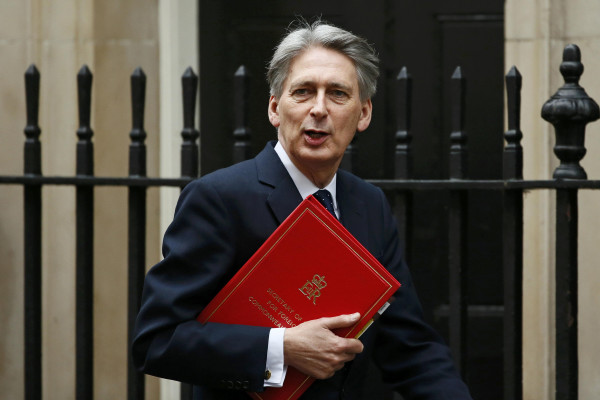
Article 8 / 11
Global Opportunities - November 2016Winds of change beginning to blow on fiscal policies

Both candidates in the US presidential election proposed a substantial boost to infrastructure spending and public investment. Democrat Hillary Clinton wanted to increase other federal programmes, while president-elect Donald Trump proposed a major set of tax cuts. Both policies would have resulted in higher deficits in the first instance and a useful boost to economic output.
In Japan, the authorities have added a further stimulus through public spending on top of the large monetary relaxation that has led its policies in recent years. In the UK, chancellor Philip Hammond has said he is considering an expansion of public investment that might well comprise smaller schemes in housing, roads, railways and public service facilities.
Only in the euro area is there more resistance to the idea of higher public deficits. Mario Draghi, president of the European Central Bank, favours more public spending but Germany, which has most scope to do so under deficit rules in the eurozone, remains reluctant. The southern states would like to increase their spending but are under deficit restrictions that they want lifted.
The absence of inflation in most of the advanced world, and the ease of selling state debts at a time of record low interest rates, are reassuring policymakers. They begin to think that, despite the high stock of debt run up by many advanced countries, conditions allow states to borrow more.
The fact that the US, UK, Japan and now the eurozone have bought in so much of their state debt means that the actual ratios of state debt to GDP are better than the gross ones. That also means that the interest burden is considerably less as they are in part paying themselves interest on the bonds.
In all the main jurisdictions there is frustration that growth is not faster. There are two main obstacles to this: the first is the state of some of the commercial banks, particularly in Europe.
Large, weak banks have to avoid making extra lending commitments as they battle to improve their balance sheets and work their way through past bad loans. The absence of stronger credit growth holds back demand for larger items, restricts investment by companies and, adversely, restrains consumer confidence.
The second is the large over-investment that took place in the last decade in commodity extraction and industry. The surplus capacity worldwide in oil, copper, steel, coal and many others means far less new heavy investment, and weak prices. It is taking time to cut out the high cost excess and to return to more normal levels of new investment.
If the authorities do press ahead with plans to spend more and tax less, it will provide a boost. This will be welcome news for shares generally, but less good news for bond markets.
It means governments will need to borrow more, and will be looking to fiscal policy to do more of what is needed to promote growth. The sectors that governments favour with spending, such as housebuilding and transport, will benefit directly, but so will the wider shares-based economy as the incomes the new work generates filters through to other sectors. Today, bonds look very expensive by historic standards while riskier shares offer a better income.
John Redwood is Charles Stanley’s chief global strategist



